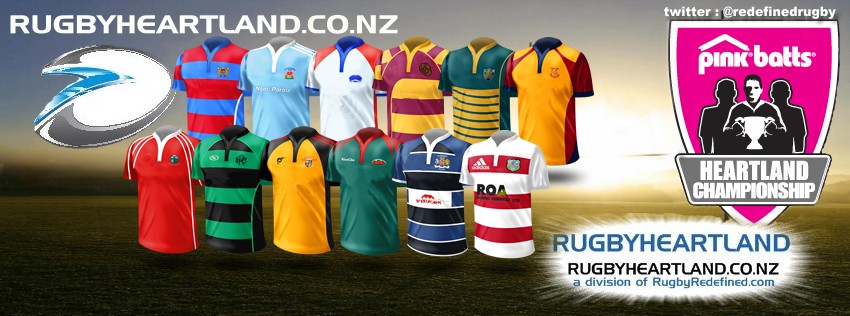
RUGBY fans watch the ITM Cup every year to see the latest Gisborne signing in the Taranaki side.
But this season some talent has moved in the opposite direction.
The new Poverty Bay Rugby Football Union (PBRFU) chief executive is former Taranaki RFU operations manager Derek Dingle.
Five weeks into his new job and after a great start in the Pink Batts Heartland Championship with a 52-12 derby victory over Ngati Porou East Coast, he is loving the challenge of his new position.
Dingle, formerly of Auckland, served as operations manager at Taranaki for seven years after he decided he wanted to work in a field he was passionate about.
Rugby was an obvious match for a man with strong connections to Te Atatu in Auckland club rugby and to Takapuna, a powerhouse in North Harbour club rugby.
Te Atatu provided an “invaluable insight into grassroots football” as a club that often struggled for numbers, while Takapuna was a successful and powerful club, Dingle said.
His out-of-town rugby background made him “a neutral” as he watched his first Lee Brothers Shield Poverty Bay club final.
Dingle said he wanted Poverty Bay rugby to mobilise and engage with the public.
A challenge was to get more people, including women, into the game. Maintaining player numbers was an issue for many sports, including rugby.
There were opportunities for people to be active in supporting their clubs with activities such as videotaping and analysis, administration, coaching, and strapping the players.
Any young would-be journalist could perhaps help with publishing a club magazine.
Dingle said playing numbers fell by a third from Year 1 to Year 7 or 8 and another third were lost when players left school.
Modern society offered many other choices and commitments.
It was not up to the union to dictate when games were played . . . flexibility was required, he said.
Finance, fundraising and sponsorship were other major issues.
“If rugby is a major sport, I would hate to think how hard raising sponsorship is for a minor sport.”
Dingle said the financial side of rugby required innovation.
A great Taranaki initiative involved a sharemilking operation following the exchange of match tickets and calves with rugby supporters in the farming community.
Dingle said he understood the move of players to ITM Cup unions and their greater television exposure.
He also wanted a pathway for local referees.
But he would like players to stay in the district.
“When they are walking out in the street and meeting the public, and if they have done their best and lost, they can hold their heads high.
“I would love to see them win and be successful.
“If Poverty Bay is to be a Heartland union, I want it to be the best. I would love to see Poverty Bay being the Canterbury of Heartland rugby and being a union others emulated.
“That won’t happen this year, but over time.
“If that happened by the end of my term I could say I was a happy man.”





You must be logged in to post a comment.